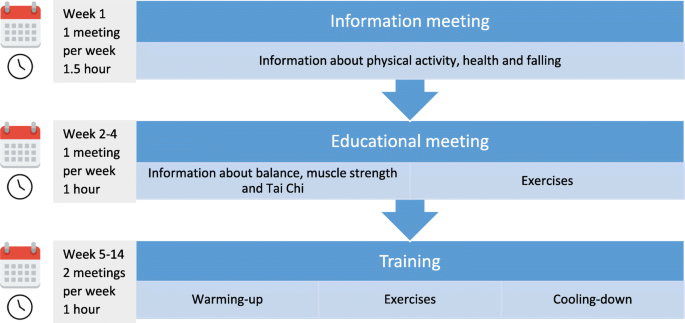How Dementia Fall Risk can Save You Time, Stress, and Money.
How Dementia Fall Risk can Save You Time, Stress, and Money.
Blog Article
More About Dementia Fall Risk
Table of ContentsThe Best Strategy To Use For Dementia Fall RiskThe Best Strategy To Use For Dementia Fall RiskHow Dementia Fall Risk can Save You Time, Stress, and Money.What Does Dementia Fall Risk Mean?
A loss threat evaluation checks to see just how most likely it is that you will fall. The evaluation typically includes: This consists of a series of concerns concerning your overall health and if you have actually had previous falls or troubles with balance, standing, and/or strolling.Interventions are suggestions that might minimize your threat of dropping. STEADI consists of three actions: you for your risk of dropping for your danger aspects that can be boosted to try to prevent falls (for instance, equilibrium issues, impaired vision) to decrease your risk of falling by utilizing reliable methods (for example, supplying education and sources), you may be asked numerous concerns consisting of: Have you fallen in the past year? Are you fretted regarding dropping?
After that you'll take a seat once again. Your copyright will certainly inspect the length of time it takes you to do this. If it takes you 12 seconds or more, it may mean you are at higher threat for an autumn. This test checks toughness and equilibrium. You'll rest in a chair with your arms crossed over your chest.
Relocate one foot midway ahead, so the instep is touching the huge toe of your various other foot. Relocate one foot totally in front of the other, so the toes are touching the heel of your other foot.
The 10-Minute Rule for Dementia Fall Risk
Many drops occur as a result of several contributing factors; for that reason, managing the danger of falling starts with identifying the factors that add to fall threat - Dementia Fall Risk. Some of the most pertinent threat variables consist of: Background of previous fallsChronic clinical conditionsAcute illnessImpaired stride and balance, reduced extremity weaknessCognitive impairmentChanges in visionCertain high-risk medications and polypharmacyEnvironmental elements can likewise increase the risk for falls, consisting of: Insufficient lightingUneven or damaged flooringWet or slippery floorsMissing or damaged handrails and order barsDamaged or incorrectly fitted devices, such as beds, wheelchairs, or walkersImproper use assistive devicesInadequate supervision of individuals living in the NF, including those that show aggressive behaviorsA successful loss threat administration program needs a complete professional evaluation, with input from all participants of the interdisciplinary team

The treatment strategy should additionally consist of treatments that are system-based, such as those that promote a risk-free atmosphere (appropriate lighting, handrails, get hold of bars, and so on). The efficiency of the interventions ought to be assessed regularly, and the treatment plan modified as required to mirror adjustments in Bonuses the fall threat assessment. Carrying out a fall danger management system using evidence-based finest technique can decrease the occurrence of falls in the NF, while restricting the capacity for fall-related injuries.
Top Guidelines Of Dementia Fall Risk
The AGS/BGS guideline recommends screening all grownups matured 65 years and older for fall threat annually. This screening contains asking clients whether they have fallen 2 or more times in the previous year or sought clinical attention for an autumn, or, if they have actually not fallen, whether they feel unsteady when strolling.
Individuals who have actually dropped once without injury needs to have their equilibrium and stride evaluated; those with stride or balance irregularities must obtain extra analysis. A history of see this site 1 fall without injury and without stride or equilibrium troubles does not call for further assessment beyond continued yearly fall risk screening. Dementia Fall Risk. A loss risk analysis is required as component of the Welcome to Medicare examination

Our Dementia Fall Risk Ideas
Recording a drops background is one of the high quality signs for loss prevention and administration. A critical component of threat evaluation is a medicine review. Several classes of drugs enhance fall threat (Table 2). copyright medications particularly are independent forecasters of falls. These medicines often tend to be sedating, change the sensorium, and hinder balance and stride.
Postural hypotension can typically be alleviated by decreasing the dosage of blood pressurelowering drugs and/or stopping medicines that have orthostatic hypotension as a negative effects. Usage of above-the-knee assistance hose and sleeping with the head of the bed elevated might likewise lower postural decreases in blood stress. The suggested components of a fall-focused physical exam are displayed in Box 1.

A TUG time higher than or equal to 12 secs suggests high loss risk. Get More Information Being not able to stand up from a chair of knee elevation without utilizing one's arms shows enhanced autumn danger.
Report this page